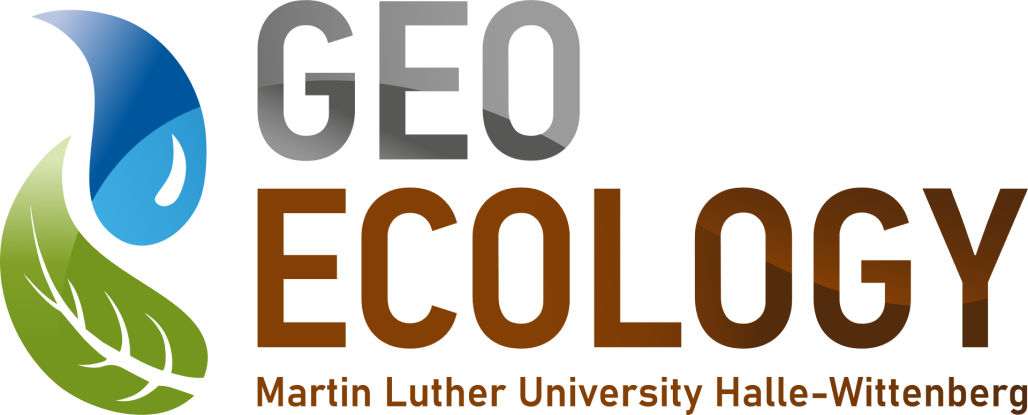The digital transformation, globalization, and demographic change pose challenges to the economy. The agricultural sector plays a significant role in the plant value chain and regional competitiveness. Given the noticeable climate change in Germany, especially in South Saxony-Anhalt, measures to protect soil and water are of great importance. Digital innovations and the diversification of agricultural ecosystems will contribute to sustainable transformation. The latter can be achieved, for example, through the utilization of field borders.
Project management:
Team:
- Mona Pawelke
- Torsten Benndorf
Project partner:
Hochschule Merseburg
Background and objectives:
Field borders are the unused strips of land at the edges of fields that have been increasingly pushed back by agriculture. The enhancement and restoration of field borders through the implementation of marginal agroforestry systems aim to contribute to biodiversity and the creation of carbon sinks. The objective of the project is to establish agroforestry systems in field borders and digitally analyse their effects on ecosystem services up to the landscape level under current and future climate changes. By integrating woody vegetation into marginal agricultural areas, biotic interactions are expected to be regenerated, and yield-supporting ecosystem services stabilized. The focus is on solutions to enhance resilience and protection of field margins against climate change while reducing conflicts related to climate-water-agriculture and exploring the relationship between sustainable agriculture, agrotechnical and bioeconomic innovation, climate protection, and regional development.
Sub-goals:
- status quo analysis to identify endangered field borders and identify relevant target areas for improvement
- establishment of monitoring sites to assess the ecosystem services and climate resilience of field borders
- use of innovative and digital options for data collection, processing and interpretation
- identification of best practices and win-win management strategies for the sustainable use of field borders in the model region of South Saxony-Anhalt
- assessment and recommendations of measures and adaptation potential in field borders
- knowledge and technology transfer from science to industry and society
Methodological approach:
The project will be implemented in three phases. In the orientation and planning phase, the focus will be on the development and optimization of strategies and suitable monitoring measures for existing woody vegetation in field borders. During this phase, technical and region-specific basis will be established, and legal requirements clarified. Furthermore, efforts will be made to assess the interest and acceptance of project objectives among stakeholders to achieve early engagement. In the implementation phase, the emphasis will shift to monitoring and implementing measures, further optimization, and the long-term preservation of enhanced field borders. Additionally, the results will be evaluated, and possibilities for transferring the project to neighbouring regions will be explored. This will be initiated through the implementation phase. The implementation of farm-integrated measures using an assessment tool is intended to ensure the sustainability and control of the project.
Expected results:
The project to enhance agricultural land by establishing favorably structured field borders in the South Saxony-Anhalt agricultural landscape can contribute to increasing value creation and competitiveness in agriculture by developing and implementing innovative approaches to the sustainable management of field borders. Transferring the knowledge and ideas gained in the project into innovative digital product and service solutions offers excellent opportunities for building growth-oriented start-up companies within the model region, which can scale through expansion into other geographical markets. Various actors can take over the implementation of the project results in the next phases.
